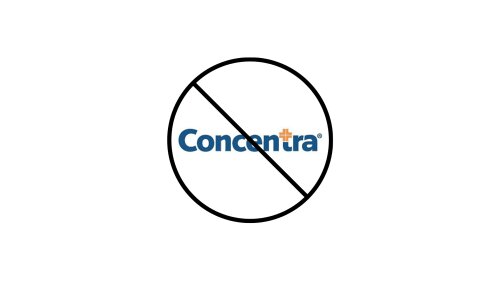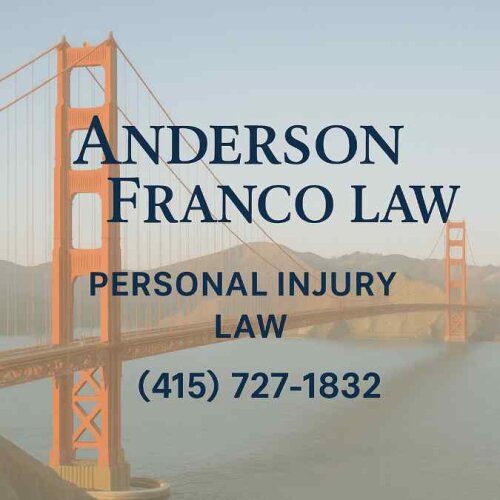Best Sexual Abuse Lawyers in California
Share your needs with us, get contacted by law firms.
Free. Takes 2 min.
Or refine your search by selecting a city:
List of the best lawyers in California, United States
About Sexual Abuse Law in California, United States
Sexual abuse is a serious violation of personal rights and safety, and California law provides protection and legal recourse for survivors. Sexual abuse in this context refers to any non-consensual sexual act or contact, including but not limited to physical assault, molestation, sexual harassment, and exploitation. The law applies to both adults and children and covers situations involving strangers, acquaintances, spouses, family members, and authority figures. California recognizes both criminal and civil remedies for those subjected to sexual abuse. Victims have the right to bring charges through law enforcement as well as file lawsuits for compensation and accountability.
Why You May Need a Lawyer
Seeking legal advice is important if you or someone you know has experienced sexual abuse in California. There are several situations where consulting with an attorney is advisable:
- You want to understand your rights or the legal process after an incident. - You are unsure about reporting the abuse or dealing with law enforcement. - You are interested in seeking compensation for damages, including medical bills, therapy, lost wages, and pain and suffering. - You are facing retaliation or harassment after reporting. - There are complex issues involving institutions, such as schools, workplaces, or religious organizations. - You need help with restraining orders or protecting your immediate safety. - There are concerns regarding child protection or custody issues. - You require guidance for navigating both the criminal and civil justice systems. - The perpetrator is a minor, or there are unique circumstances about consent, authority, or age.
Local Laws Overview
California’s laws concerning sexual abuse are robust and provide various avenues for survivors to seek justice. Some key aspects include:
- Criminal Law: Sexual abuse crimes are prosecuted aggressively in California. Common charges include sexual battery, rape, child molestation, and lewd acts with a minor. - Consent and Age: California has strict age of consent laws, generally making it illegal for adults to engage in sexual acts with minors under the age of 18. - Statute of Limitations: Laws regarding time limits for prosecution and civil claims have been expanded, especially in cases involving children. Civil survivors often have more time to file lawsuits under certain conditions. - Civil Remedies: Survivors can file lawsuits for damages against perpetrators and, in some cases, institutions that failed to protect them. - Mandatory Reporting: Certain professionals must report suspected child sexual abuse, such as teachers, doctors, therapists, and law enforcement personnel. - Protective Orders: Courts can issue restraining orders to protect survivors from their abusers. - Victim’s Rights: Survivors have specific rights in the criminal justice process, including notification of proceedings and the right to make victim impact statements.
Frequently Asked Questions
What should I do immediately after experiencing sexual abuse?
Prioritize your immediate safety. Consider getting to a safe place and seeking medical attention. Preserve evidence if possible and avoid showering or changing clothes until after a medical forensic exam. Contact law enforcement or a sexual assault support agency for guidance.
Is there a time limit to file a criminal complaint for sexual abuse in California?
The statute of limitations varies based on the specific crime and the age of the victim. Recent changes in California law have extended these limits, especially for childhood sexual abuse, but it is best to act as soon as possible and seek legal advice about your specific situation.
Can I sue my abuser or an institution where the abuse happened?
Yes, you may be able to file a civil lawsuit against the perpetrator and, under certain circumstances, against institutions such as schools, employers, or religious organizations that failed to prevent the abuse.
What resources are available to support sexual abuse survivors in California?
Resources include state-run victim assistance programs, nonprofit organizations, crisis hotlines, and legal aid services. These can provide counseling, medical care, advocacy, shelter, and legal support.
Are there services to help with the criminal court process?
Yes, victim advocates and legal professionals can guide you through filing police reports, attending court hearings, and understanding your rights as a survivor throughout the legal process.
Will my identity be protected if I report sexual abuse?
Law enforcement and courts take measures to protect survivors' identities, particularly in cases involving minors. Some proceedings may be confidential, and there are restrictions on publicizing names in certain cases.
Can I get a restraining order against my abuser?
Yes, California courts provide restraining orders to protect survivors of sexual abuse from further harassment, contact, or harm. An attorney or advocacy group can help you apply for one.
What if I am undocumented or worried about my immigration status?
You have rights and protections regardless of immigration status. California law enforcement and victim services agencies do not require proof of legal status, and there may be additional protections available through federal visas for crime victims.
Do I need a lawyer to pursue legal action for sexual abuse?
While you are not required to have a lawyer, legal representation can greatly help you understand your options, protect your rights, and improve your chances of a successful outcome.
How can I help someone else who has experienced sexual abuse?
Offer support, listen without judgment, and encourage them to seek professional help. Respect their decisions and privacy. You can also assist them by connecting them with support organizations or legal advice if they wish.
Additional Resources
There are several organizations and agencies in California providing support to sexual abuse survivors:
- California Victim Compensation Board (CalVCB) - California Coalition Against Sexual Assault (CALCASA) - Rape, Abuse & Incest National Network (RAINN) - Local law enforcement and district attorney offices - County victim witness assistance programs - Sexual assault crisis centers and hotlines - Legal aid organizations offering free or low-cost services
Next Steps
If you need legal assistance regarding sexual abuse in California:
- Seek support from a trusted friend, family member, or advocacy group. - Contact a sexual abuse advocate or local crisis center for advice and immediate support. - Reach out to a qualified California attorney experienced in sexual abuse cases for a confidential consultation. - Keep records and documentation of any evidence, communications, or incidents. - Consider reporting to law enforcement if you wish to pursue criminal charges. - Explore civil legal options if you are interested in seeking compensation.
Early legal advice can help you understand your rights, protect your safety, and determine the best course of action for your unique circumstances.
Lawzana helps you find the best lawyers and law firms in California through a curated and pre-screened list of qualified legal professionals. Our platform offers rankings and detailed profiles of attorneys and law firms, allowing you to compare based on practice areas, including Sexual Abuse, experience, and client feedback.
Each profile includes a description of the firm's areas of practice, client reviews, team members and partners, year of establishment, spoken languages, office locations, contact information, social media presence, and any published articles or resources. Most firms on our platform speak English and are experienced in both local and international legal matters.
Get a quote from top-rated law firms in California, United States — quickly, securely, and without unnecessary hassle.
Disclaimer:
The information provided on this page is for general informational purposes only and does not constitute legal advice. While we strive to ensure the accuracy and relevance of the content, legal information may change over time, and interpretations of the law can vary. You should always consult with a qualified legal professional for advice specific to your situation.
We disclaim all liability for actions taken or not taken based on the content of this page. If you believe any information is incorrect or outdated, please contact us, and we will review and update it where appropriate.
Browse sexual abuse law firms by city in California
Refine your search by selecting a city.
















